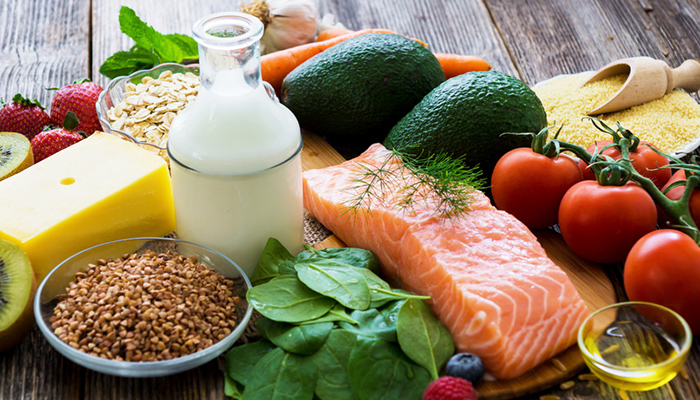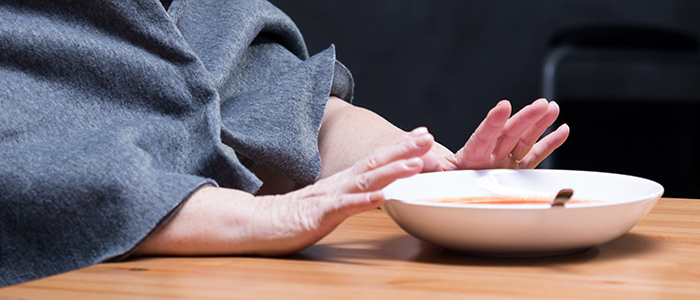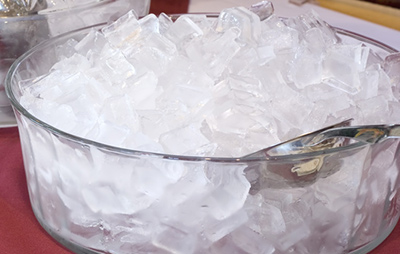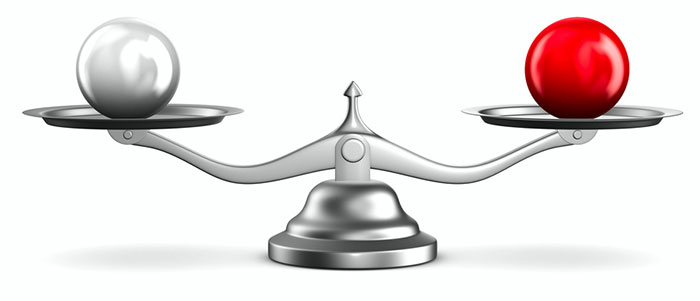Sharing food is one way we nurture and care for those we love. When a seriously ill family member doesn’t eat the way we think they should, it can be very distressing. Here are some things to consider if you are caring for a person with a serious or life-threatening condition.
Nutrition, eating and serious illness
- Advanced illness and special diets
- Nutritional needs at the end of life
- Refusing to eat
- Starting or discontinuing artificial feeding
Contact Us
Fill in this form and one of our caring staff will get back to you.
Advanced illness and special diets
Seriously ill individuals frequently have chronic conditions such as diabetes or heart disease. These conditions are known to respond well to specialized diets. Certainly if the person you care for is healthy and active, it is wise to stick to these diets as much as possible. But in the case of an advanced illness, there are other factors to consider.

Quality of life just as important
For instance, the American Dietetic Association has written a position paper supporting liberalized diets for the frail elderly. Although the context is for nursing homes, the principles apply for any adult with an advanced illness. They state that quality of life can be just as important to the frail elderly person as is nutrition. Eating is not just a biological process. Food has many social, cultural, and psychological meanings as well. These factors have a strong influence on our enjoyment of life.
Comfort foods
As for daily living, dieticians have determined that a restrictive diet for frail elders may not be all that helpful.
If medicines can compensate for a change in eating habits, dieticians now encourage the seriously ill to add “comfort foods” to their diets.
The goal of healthy eating is to affect overall health. If restrictive diets (for instance, reduced fat foods) are altering a frail patient’s ability to enjoy life, then the dietary regimen may not be meeting its goal of overall health and well being.
The take-home message?
What individuals with an advanced, life threatening illness eat is generally not as important as how much they enjoy the experience of eating.
Nutritional needs at the end of life
When a seriously ill family member doesn’t eat, it can be very distressing. Depending on the disease, however, eating less or even not eating can be a very normal part of the process.

Reduced need for food
Sometimes forcing someone to eat can make things worse. If the person you care for is near the end of life, his or her body does not have enough strength to handle digestion, breathing, thinking, and fighting the disease all at once. Under some circumstances, eating, digesting, and eliminating food can be painful. Eating can provoke distressing symptoms such as vomiting, diarrhea, and bloating.
Reduced need for water
Toward the end, even the simple intake of fluids can make it difficult to breathe because of a buildup of secretions in the lungs. As contrary as it might seem, at the end of life, food and fluids appear to cause more distress than going without.
Refusing to eat
With terminal diseases such as cancer, it is normal to lose one’s appetite. In fact, feeding a patient artificially (through a tube, for example) may cause a tumor to grow even faster.
A natural part of the process
Not eating may be one of the body’s natural defense mechanisms. Forcing food is not likely to help dying patients “keep up their strength.” Near the end of life the effort required to eat, digest, and eliminate simply becomes too much to handle. Loss of appetite is a natural part of the dying process. You will be doing the person you care for a favor to honor his or her wishes regarding food.
The biology of not eating
If an individual near the end of life chooses not to eat or not to drink water and nature is allowed to take its course, that person will probably die within 10 to 14 days. If he or she continues to take in fluids, the dying process may be prolonged by several weeks.
Not like starving
Refusing food or water during terminal illness is not like starvation. It does not cause a painful death. Quite the contrary; after a day with no food or water, the body produces a natural painkiller. The patient loses any sensation of hunger or thirst and even seems to experience a slight euphoria.
 Lack of fluids may also help the patient be more comfortable because it reduces symptoms such as nausea, vomiting, bloating, and diarrhea. It can also help decrease the amount of fluid buildup in the lungs, which can reduce the need for bothersome suctioning procedures. The only discomfort identified is a parched or dry mouth that often happens with dehydration. Lip balm for the lips and ice chips or a mouth swab dipped in water can do much to relieve the symptoms of dry mouth.
Lack of fluids may also help the patient be more comfortable because it reduces symptoms such as nausea, vomiting, bloating, and diarrhea. It can also help decrease the amount of fluid buildup in the lungs, which can reduce the need for bothersome suctioning procedures. The only discomfort identified is a parched or dry mouth that often happens with dehydration. Lip balm for the lips and ice chips or a mouth swab dipped in water can do much to relieve the symptoms of dry mouth.
Starting or discontinuing artificial feeding
As mentioned in the previous paragraphs, losing the desire to eat is a natural part of the dying process. Forcing food and fluids on the patient can in fact cause more discomfort in his or her final days.
Difficult decision
If a patient is no longer able to communicate preferences, the decision to start or stop artificial feeding may be one of the more difficult decisions a family has to make. In the absence of an advanced directive, you must weigh the pros and cons, following your own understanding of your loved one’s desires regarding quality of life.

Artificial feeding does not prevent dying
It can be disconcerting to decide to withhold food or fluids. Despite evidence that this choice may well be the most merciful one, many people find it difficult to think that they may be starving their loved one to death. Each family must come to terms with their own understanding of their loved one’s wishes and their own version of compassion. Whatever you decide, it is important to remember that artificial feeding may postpone the moment of death by days or weeks, but it will not keep a terminally ill person from dying.

